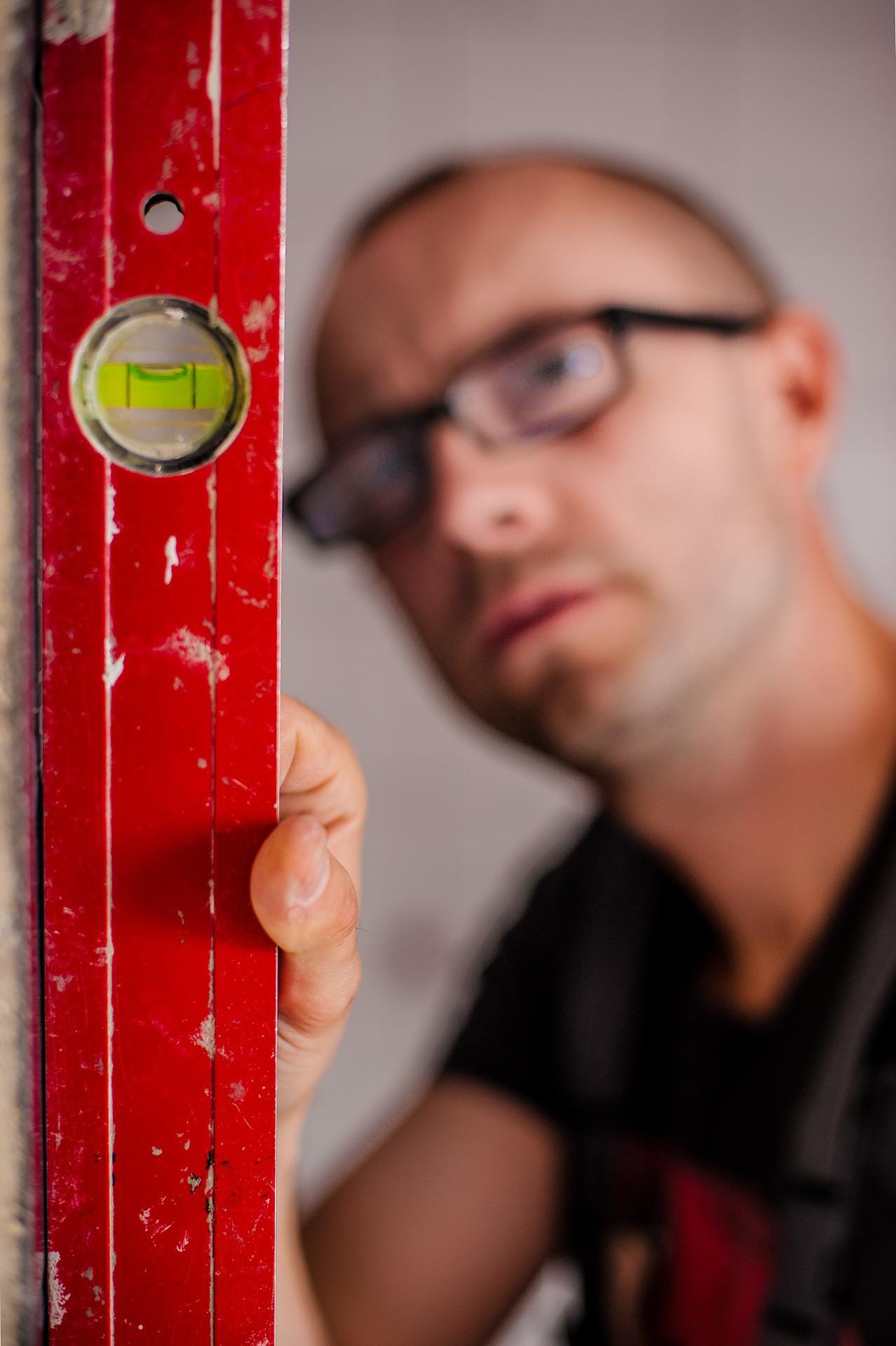I want to talk about relationship repair in this newsletter, but first, I’m sorry I missed the newsletter two weeks ago. Between the holiday, travel, and a whole lot else I needed to get done, I just didn’t have it in me to put one together. I’d like to think that nobody missed it too much, but I’d equally like to think that at least somebody did. And so, my apologies.
I’m well aware of the irony of starting this post with an apology, particularly one with so little heft. First of all, I’m not even sure if my missing that week’s newsletter qualifies as needing an apology—it’s more an expression of regret, where the only person wronged is myself. If an apology is warranted, though, how good is this one?
If I may judge myself (again) for a moment: not that great. A good apology has several components, and mine lacks most of them. First off, “missing” the newsletter has some defensive elision to it: I didn’t, like, leave it on the bus, or lose it under the couch cushions or something. I simply didn’t write it. And the second thing I do, a thing that nearly everyone reflexively does when apologizing, is to explain why I did it—or more accurately, to make excuses. Finally, I minimize any potential damage by suggesting that probably nobody missed it, which has the double-whammy effect of making it about my own low self-esteem—a timeless defense! Nobody can blame me for something if I’m already too busy blaming myself! (This move is a kissing cousin to making fun of myself in gym class for being so useless at athletics. But that’s a story for another time.)
What’s the difference between apology and repair?
There’s been a rash of articles in recent years telling people how to properly apologize. And I think that’s great, because in my experience, people are pretty bad at it. There’s a good reason for that though: when an actual apology is necessary, it means that someone was hurt. And if you’re the person who caused that hurt, and you’re a halfway decent person, it can be Very Difficult Indeed to admit wrongdoing, and accept that something you did caused someone else pain. (If you’re not a halfway decent person and you don’t care about whether you hurt people, then a) this post is not for you, and b) you’re still probably terrible at apologizing.)
Repair, as a relationship skill, goes deeper than apology, though a sincere apology is often a critical part of it. An apology on its own may or may not mend the damage done to a relationship—and it may not even have that as a goal. Even the best-formed apology may only be meant to smooth things over after an irreparable break. I’m so sorry we couldn’t make things work between us. I’m sorry for hurting you so much before I knew I had to leave. I’m sorry I couldn’t be there the way you needed me to.
But a repair is an attempt undergone by both people in a relationship to restore connection after a misattunement—which may be as severe as a betrayal or violation, or as simple as a too-hastily spoken sentence or insensitive joke. A misattunement may even be something where you just weren’t in sync, and one person was triggered by the other’s otherwise innocuous behavior. This is where repair becomes so critical, and where apology can lose its efficacy: sometimes, there’s nothing to be sorry about, but there’s still something that you can talk about doing differently if it’s not working for both of you.
This last kind of misattunement can be so terribly difficult, because the common defenses I talked about above can manifest even more strongly when someone was hurt by something that wasn’t even a mistake or a hurtful action under usual circumstances. The person who caused the trigger is prone to think, “But I didn’t do anything wrong!”
Even putting aside cases where someone did do something ill-considered, thoughtless, or even cruel and scrambles to make excuses—including the reflexive and famed “But I didn’t mean it,” which brings up the whole intent versus impact argument—sometimes something just lands wrong for reasons personal to the person who is hurt. And even in these kinds of cases, where nobody is truly “at fault” or “to blame,” there has been a rupture in need of repair.
So with all of that in mind: what are the three steps of a good repair?
1. I’m sorry.
Even considering how wan and underdeveloped many apologies are, a sincere apology is still important where there’s been hurt or harm. Think of it this way: even if you didn’t know that what you said or did would hurt the other person, the fact is that it did. Even if what you were doing was trying to help—sometimes the help we offer isn’t the help that’s wanted, and can even make things worse.
It’s difficult for many of us to apologize and admit accountability for things, especially if our efforts had unintended results. But it honestly doesn’t cost much to express regret—sorrow, the word that “sorry” derives from—that your actions hurt your loved one. It helps if you don’t think of it as admitting weakness, or wrongdoing, or moral failure. You made a mistake. That’s okay. You wish you hadn’t. That’s literally what “I’m sorry” means.
Per the many useful articles about apologizing well, be sure to avoid the dreaded “but” after the “I’m sorry.” Other things to avoid include the passive voice (“I’m sorry you were hurt;” who did the hurting?) and leaping directly to your intentions (“I’m sorry, I didn’t mean to / I was only trying to…”). Saying what you understand you did that hurt them can work well for a start: “I’m sorry I said that thing that hurt you so much.” But if you’re having a hard time not rushing to explain yourself, stick with good old “I’m sorry,” period.
2. I understand what I did and how it must have felt.
This step is the one that is most often skipped over, and yet I believe it is the most important one if you are going to truly achieve repair!
In this step, explain what you did and how you think the other person felt. You might not get this exactly right at first, and it’s important to keep the lines of communication very open in this step, or you risk explaining someone’s own feelings to them. The point of this step is not to prove your emotional telepathy—it’s to validate how the hurt person felt, and show them you understand why what you said or did hurt them.
Where the first step is often a very straightforward “I’m sorry,” this step might look a number of different ways. I’m going to use examples that are common, but not egregious harms, just to show how this can work even when you had no ill intent:
When I used the wrong pronouns for you, I can imagine that you felt like I didn’t see you as you really are, or that I didn’t trust your own experience. Is that right?
I cancelled on you last-minute, and I hear that that really made you feel abandoned and disregarded.
When you approached me with your problem, I started talking about my own problem instead of really listening to you. I bet that felt pretty shitty and like I cared more about my own issues than yours.
Notice that none of these contain any explanations of why you made the misstep, nor do they insist that the hurt person felt a certain way. Instead, they open further inquiry into the hurt, reflect back something the hurt person has said, or make a good guess as to the nature of the harm done. What’s important here is that the hurt person hears that you know what you did, and you understand why it hurt.
When someone is hurt and your response is something like “You’re being too sensitive,” or “Well that’s just how I am,” or “I’m sorry you were hurt but I don’t think I did anything wrong,” the person who was hurt learns that you don’t understand or care about the impact of your words and actions on them, and trust diminishes. A friend recently described what happens when you skip this step as “gravel in the shoe of the relationship.” It doesn’t always go that way: sometimes people can truly “forgive and forget,” and learn how to ignore the behavior that caused the rupture to begin with, while still remaining close. But in many cases, the relationship isn’t truly repaired: generally, it gets downgraded in intimacy as the hurt person learns they won’t be listened to or respected.
I will do my best not to repeat it, and here’s how.
This step is fairly self-explanatory: once you’ve apologized and shown you understand what you did and how it hurt, assure the person that you’ll do your best not to do it again. To make this step really stick, it’s good to have a plan for it, even if it’s just a small plan. Here’s a few examples, based on the bullets I used in the second step:
I’m going to try really hard to only use your pronouns. I’m going to add them to your name in my contacts, and ask other people to correct me if I mess it up when you’re not around.
I’m going to work to not overschedule myself so much, so I can get better at saying no to things when I think I’m going to be overwhelmed. I’ll also do my best to give you some notice if I do need to cancel in the future.
If you’re going through something rough and you want to tell me about it, I’m going to practice active listening and resist the urge to talk about my own experience in the moment.
What happens next?
Once these three steps are completed, it’s up to the hurt party whether they want to forgive you. Forgiveness is a fraught concept, and something that’s often demanded of people inappropriately. But it can be a transformative moment in a relationship.
Forgiveness, importantly, doesn’t mean forgetting. It doesn’t mean the rupture didn’t happen, or that no harm was done. It means, essentially, that the person who was hurt feels like you understand what happened, and that you intend to behave differently toward them in the future. Forgiveness doesn’t even generally mean that they’re sure your plan to not do it again will work: change takes time and care and effort. What it does mean is that they agree not to hold your mistake over your head, or be looking out for the next time they can catch you in a similar mistake. It means they trust that you value them and want not to hurt them again.
Sometimes, the misattunement is slight enough that all of these steps aren’t fully necessary. If you understand that something went wrong and you sincerely apologize, you might get a genuine “No worries!”
But this process is really important when larger issues come up, and practicing it with smaller ones can be a great way to be ready and practiced if there’s a larger conflict in a relationship.



Have you seen Good Luck to You, Leo Grande? There's a really good example of an apology in there, along with some other good stuff.
Separately, for the reflexive apologies where no one was hurt, I've really liked the suggestion to switch to "Thank you." Instead of "Sorry I'm late," "Thank you for waiting for me." Instead of "Sorry to blather on," "Thank you for listening to me." I think it can really change the dynamic.